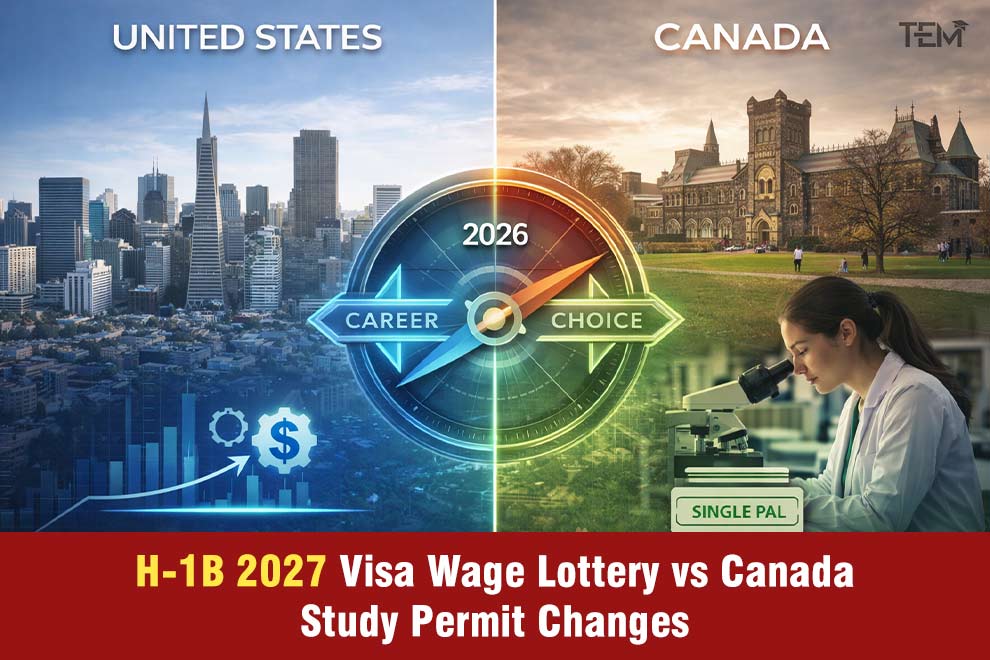Let’s face it — none of us likes to think about worst-case scenarios. But if you suddenly couldn’t make your own medical decisions, who would? Your partner? A sibling? Your best mate from Pilates? That’s where a Medical Power of Attorney steps in — and why more Australians are turning to experts like Tonkin Family Lawyers for guidance.
Knowing that someone you trust is legally empowered to speak on your behalf can bring profound peace of mind, whether you’re in perfect health or juggling a few diagnoses (and maybe a half-empty vitamin drawer).
Key Takeaways
- A Medical Power of Attorney allows you to appoint someone to make medical decisions on your behalf if you cannot do so.
- It’s legally recognised under the Medical Treatment Planning and Decisions Act 2016 in Victoria.
- You must be 18+ and have decision-making capacity to appoint one.
- It only becomes effective if you are unable to make decisions yourself—you remain in charge until then.
- It can prevent family disputes and ensure your treatment preferences are respected.
What Is a Medical Power of Attorney, Exactly?
A Medical Power of Attorney (also called a Medical Treatment Decision Maker in Victoria) is a legally appointed person who makes medical decisions if you lose the capacity to make them yourself.
Under Victorian law, this appointment is governed by the Medical Treatment Planning and Decisions Act 2016. While the terminology might vary across Australia (cheers to legal jargon!), the principle is the same: it’s your way of saying, “If I can’t decide, I trust this person to decide for me.”
And no, they can’t suddenly choose to give you a face tattoo or sign you up for skydiving rehab. They must act in accordance with your known preferences and best interests.
The Responsibilities of Your Appointed Agent
Your appointed decision-maker doesn’t just step into your life wielding a stethoscope and clipboard. They have clearly defined powers and responsibilities, including:
- Consent or refusal of treatment
They can say yes or no to tests, surgeries, medications and even life-prolonging treatments. - Act in accordance with your values
If you’ve made an Advance Care Directive, they must follow it. If not, they have to consider what they believe you would’ve wanted. - Act with care and diligence
They’re not legally allowed to go rogue — the law requires them to act in your best interests, not their own.
“Appointing a medical decision-maker is not giving up control — it’s making sure the right person takes the wheel if you’re ever out of it.”
How to Appoint a Medical Power of Attorney in Victoria
Setting this up isn’t as complex as you might think — and it doesn’t require a medical degree or a crystal ball. Here’s your guide:
Who Can Appoint One?
You must:
- Be over 18 years old.
- Have decision-making capacity (i.e., understand what you’re doing).
Who Can Be Appointed?
- Anyone over 18.
- Someone you trust to respect your values and wishes.
- Cannot be your treating health practitioner at the time of the appointment.
Steps to Appoint:
- Complete the official form
You can download it from the Office of the Public Advocate (OPA) website. - Have it witnessed correctly?
Two adult witnesses must sign the form, one of whom must be a registered medical professional or someone authorised to witness affidavits. - Inform your people
Let your family, GP, and healthcare team know who your medical decision-maker is.
Can You Change or Cancel It?
Absolutely. Life changes, relationships change, and so might your preferences.
Here’s how you can revoke or change your appointment:
- Complete a Revocation Form.
- Notify your appointed person (a text message won’t cut it — make it formal).
- Inform your healthcare providers and update your medical records.
If your appointed person passes away or loses decision-making capacity themselves, your Medical Power of Attorney becomes invalid — so it’s a good idea to review it periodically.
Why You (Probably) Need One
Things can happen even if you’re young, healthy, and powered by green smoothies and Pilates. Having a Medical Power of Attorney gives you:
Peace of Mind
You know someone you trust has your back and best interests if you ever can’t speak for yourself.
Clarity in Crisis
Loved ones are often overwhelmed in emergencies. Having one clear decision-maker reduces confusion and stress.
Family Harmony
It can prevent arguments between relatives who might disagree on what’s best for you. (Yes, even if they usually get along… holidays excluded.)
Conclusion
Appointing a Medical Power of Attorney is one of the kindest, wisest and most empowering things you can do for yourself and your loved ones. It ensures that your voice is heard — even if you’re temporarily unable to speak.
If you need guidance on setting one up, trust the experienced professionals at Tonkin Law – Power of Attorney Lawyers Melbourne. They’ll walk you through every step, so you can relax knowing your future decisions are in safe hands.
Because planning for tomorrow? That’s just smart.
Also Read: How Injury Lawyers Really Help You Win Fair Compensation










